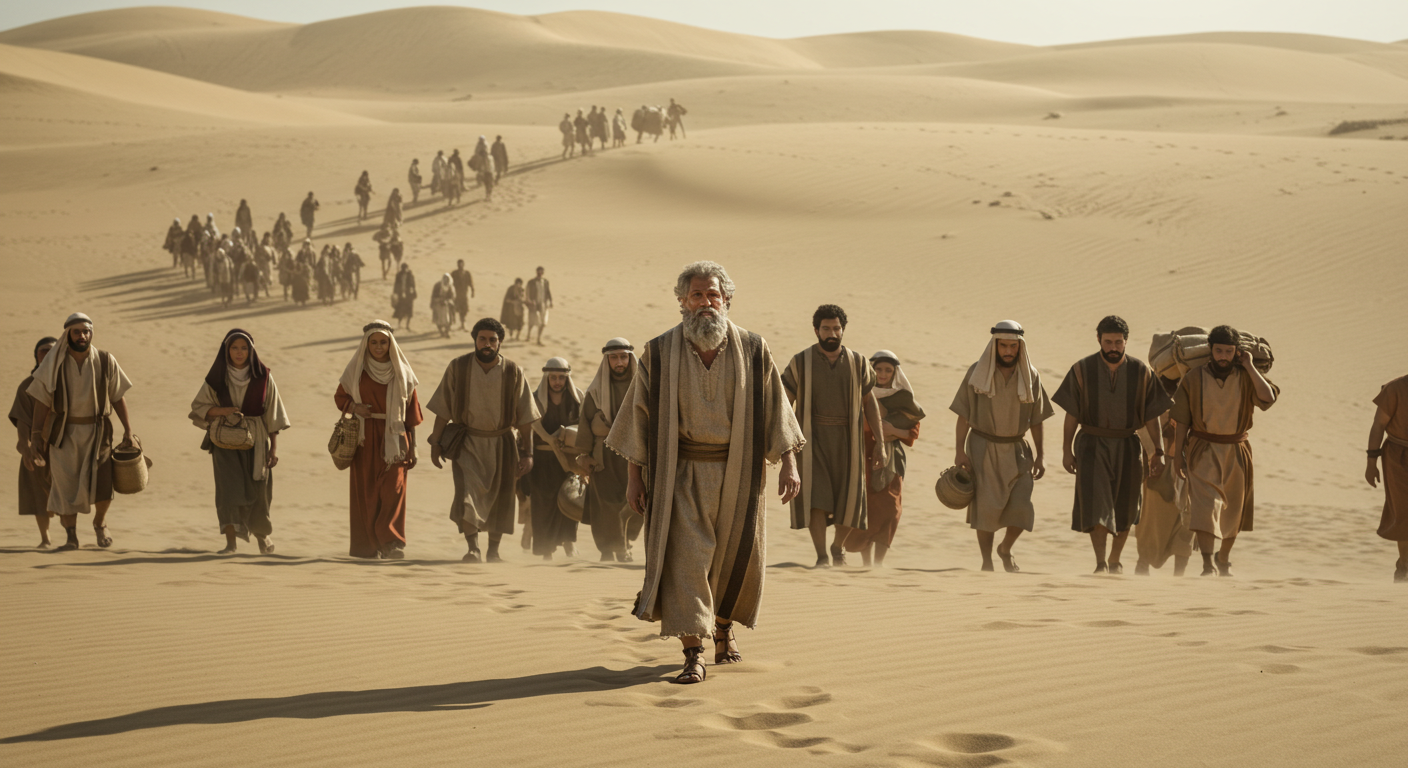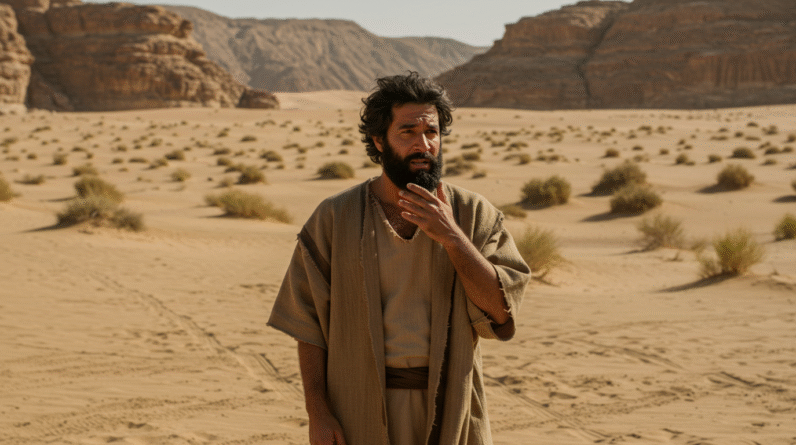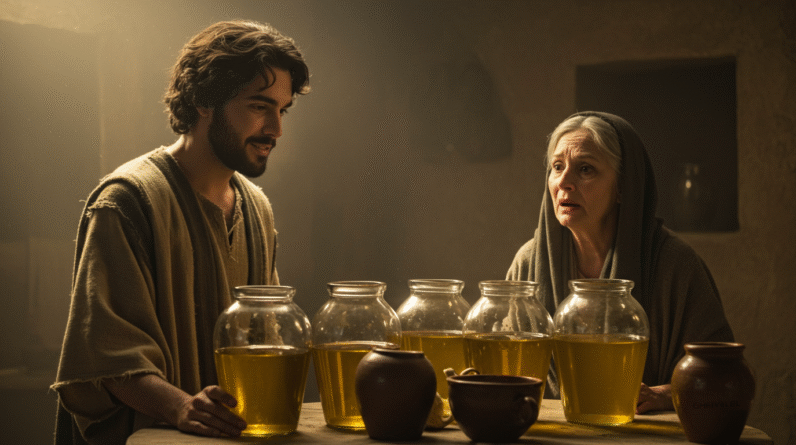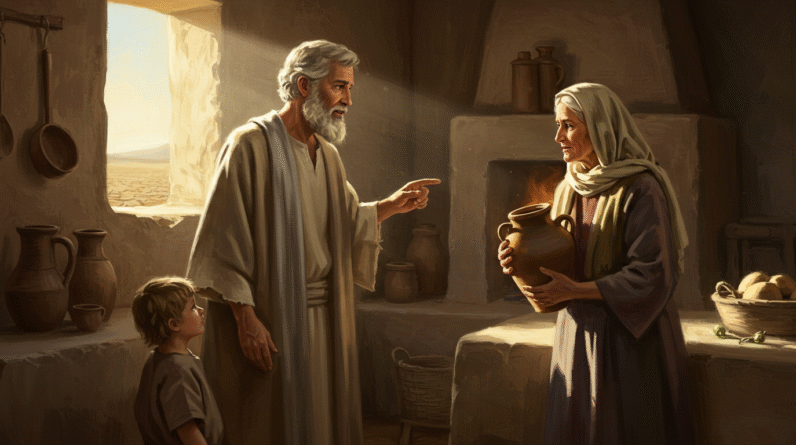Why Moses Is One of the Greatest Leaders in the Bible
When you think about leadership, your mind might wander to the modern giants in business or politics, but it’s fascinating how much you can learn about this vital skill from one of the oldest sources known to humanity—the Bible. And there’s perhaps no more compelling figure within those sacred pages than Moses himself. He isn’t just any leader; Moses represents a plethora of qualities that are as relevant today as they were thousands of years ago.
Moses is a name many are familiar with, but have you ever delved deep into what made his leadership unique? The leadership of Moses teaches us invaluable lessons about humility, obedience to divine guidance, and courage under pressure. In this article, we’re going on an adventure through the past to uncover why the leadership of Moses continues to resonate today.
The Humble Beginnings
Humility is often the unsung hero of leadership traits, and Moses is an embodiment of this quality. Born into a turbulent time, Moses was raised in the Egyptian royal palace, yet he never let his privileged upbringing overshadow his purpose. When he discovered his true heritage as a Hebrew and witnessed the plight of his people, humility guided his decision to side with them, even at the cost of losing his royal status.
You see, humility in leadership is the capacity to stay grounded despite external accolades or internal talents. Moses never sought leadership; it was entrusted to him. His ability to approach his tasks with humility allowed him to remain focused on a higher goal: liberating his people. It’s reminiscent of the way today’s great leaders focus on the greater good rather than personal glory.
Obedience to God’s Will
Imagine standing in front of a burning bush—that’s not being consumed—and hearing a voice tell you to lead your people out of enslavement to freedom. Would you ignore it or obey it? Moses chose the latter, which showcases his obedience to God’s will. This characteristic was not born out of blind faith but a profound understanding that our purposes often extend beyond what we can see.
Obedience doesn’t mean passively following commands; rather, it’s about aligning oneself with guiding principles that benefit the larger community. For Moses, this was God’s will. The leadership of Moses reminds us today that sometimes, effective leadership is knowing when to listen and when to act.
Courage Under Pressure
Moses was tasked with an arguably impossible mission: liberating the Israelites from Pharaoh’s grip. It was a situation drenched in uncertainty and fear. Faced with skepticism from his own people and hostility from the Egyptian rule, Moses displayed courage under pressure that is, without a doubt, inspirational.
Whether it was confronting Pharaoh repeatedly, or parting the Red Sea, or dealing with the grumblings of a frustrated populace, Moses didn’t fold under pressure. Instead, he stood firm in his resolve to lead his people to freedom. Courage in leadership means taking difficult decisions in unfavorable conditions, and the leadership of Moses is a testament to that grit and determination.
The Legacy of Patience and Perseverance
Patience is another cornerstone of Moses’ leadership. Imagine leading a group of people who often doubted and complained. The journey out of Egypt wasn’t a sprint but a grueling test of endurance. For forty years, Moses navigated the Israelites through the desert. It wasn’t just divine intervention that sustained them; it was also Moses’ patience and perseverance.
These qualities are so crucial today, especially in an era marked by instant gratification. The leadership of Moses teaches you that some things—perhaps the most rewarding—require time and patience. Perseverance isn’t a passive act; it’s the continuous effort to move in the direction of a purpose despite the obstacles.
Wisdom in Delegation and Empowerment
One often overlooked aspect of Moses as a leader was his wisdom in knowing when to delegate. As the story goes, his father-in-law, Jethro, advised him to select capable leaders to help manage the affairs of the people. Moses was wise enough to heed this advice, preventing burnout and fostering an environment where others could step up into leadership roles.
The modern parallel is the importance of empowering your team, trusting in their abilities, and acknowledging that you aren’t an island. The leadership of Moses illustrates that true leadership isn’t about doing everything yourself but about harnessing the collective talents and strengths around you.

Leadership and Accountability
Another striking quality in Moses’ story is his unwavering sense of accountability. Despite his prominent role, he stood accountable to God and his people. His transparency and integrity were evident when he made errors, demonstrating that he was as fallible as anyone else. This honesty in acknowledging mistakes creates an atmosphere of trust—a foundation upon which any thriving community or organization is built.
Today’s leaders can learn from this by understanding that admitting faults doesn’t diminish authority; it enhances it. When you hold yourself accountable, you open the door for growth and improvement, both personally and collectively. The leadership of Moses is a mirror reflecting the wisdom in embracing imperfections.
Using Faith as a Guiding Lamp
Faith was the cornerstone of Moses’ life and leadership. His relationship with God wasn’t just a formal duty but a deeply personal dialogue that guided his every move. Whether in times of triumph or tribulation, Moses’ faith served as a compass, directing him back to his purpose whenever he strayed.
In a world sometimes dominated by cynicism, this aspect of Moses’ life resonates loudly. Today, having faith in a mission, in people, or in a cause can ignite change and foster resilience amid challenges. The leadership of Moses shows us that there’s strength and wisdom in trusting the process even when outcomes aren’t immediately visible.
Characteristics that Resonate Today
The story of Moses isn’t just an ancient tale but a blueprint for leadership that transcends time. His life had numerous stages filled with moments that are strikingly relevant for today’s leaders across various sectors. Let’s walk through some characteristics that make the leadership of Moses timeless:
- Adaptability: Moses adapted to evolve in his role from an inexperienced shepherd to a revered leader. Today, leaders must also work within rapidly changing environments and business landscapes, requiring flexibility and a willingness to change course when necessary.
- Empathy: Moses’ journey began by witnessing the suffering of his people, and it was empathy that fueled his mission to liberate them. Modern leaders, too, must understand and empathize with those they lead to effectively inspire action and create meaningful impact.
- Visionary Thinking: Leading a diverse group of people through uncertain times required Moses to envision a future nobody else could see. This visionary mindset is what contemporary leaders need when crafting new paths in unexplored territories.
- Transformative Influence: Moses didn’t just lead his people physically out of Egypt; he transformed their cultural and spiritual identity. Today, the ability to have a transformative influence is necessary for sustainable changes within organizations and communities.
Conclusion
As you explore the intricacies and impact of Moses’ leadership, what becomes clear is that his relevance continues to echo through the corridors of time. The leadership of Moses isn’t just a lesson from history but an ongoing conversation about what it means to lead selflessly. From humility and obedience to courage under pressure, the pillars that built Moses’ leadership are timeless truths for generations to come.
So, think about the story of Moses the next time you find yourself in a position to lead. Remember the values that turned his nomadic journey in the wilderness into one of the most extraordinary leadership stories documented in human history.
Explore More
For further reading and encouragement, check out these posts:
👉 7 Bible Verses About Faith in Hard Times
👉 Job’s Faith: What We Can Learn From His Trials
👉 How To Trust God When Everything Falls Apart
👉 Why God Allows Suffering – A Biblical Perspective
👉 Faith Over Fear: How To Stand Strong In Uncertain Seasons
👉 How To Encourage Someone Struggling With Their Faith
👉 5 Prayers for Strength When You’re Feeling Weak

📘 Jesus and the Woman Caught in Adultery – Grace and Mercy Over Judgement
A powerful retelling of John 8:1-11. This book brings to life the depth of forgiveness, mercy, and God’s unwavering love.
👉 Check it now on Amazon
As a ClickBank Affiliate, I earn from qualifying purchases.
Acknowledgment: All Bible verses referenced in this article were accessed via Bible Gateway (or Bible Hub).
“Want to explore more? Check out our latest post on Why Jesus? and discover the life-changing truth of the Gospel!”








